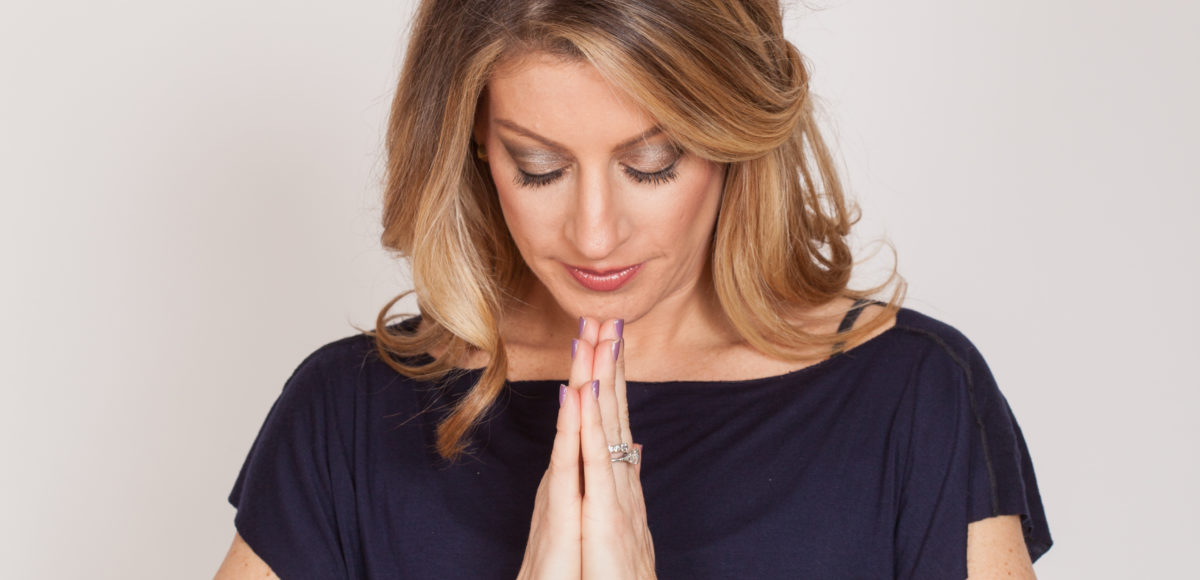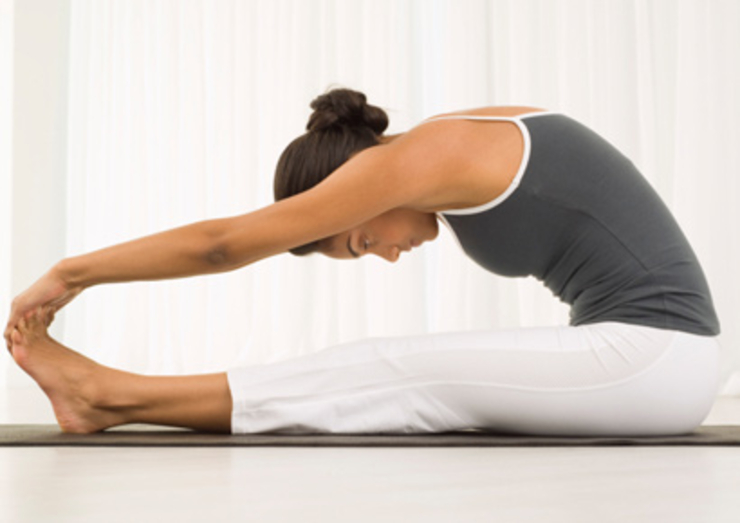It’s funny how meditation has been around since humans existed, yet now, thousands of years later, almost all of our troubles are still amenable to the wonders of sitting quietly with yourself.
Meditation can lower your blood pressure!
For years, studies have shown that lower blood pressure during meditation. New longer-term studies now also show lower pressure over time in those who consistently meditate. This is thought to be due to reducing strain on our cardiovascular system.
Heard of our increasing drug epidemic? Both prescription and illegal? Meditation can help with that.
Meditation is a mental discipline! With consistent practice (yes, just sitting there counts even if you thought about what happens on the next episode of whatever you are watching!) our brain “muscle” gets stronger, and more able to sit and focus on the breath. This is the kind of discipline that increases awareness of addictions (food, drugs, etc) and helps us break dependencies.
A growing number of us are plagued by Chronic Pain. Meditation can help with that!
Pain is actually a perception by our brain—so that the level of pain we experience is intricately tied to the state of our brain. If we are overly stressed and tired, we feel pain more. Large studies have found that meditators self-reported less pain as well a better ability to cope with the pain psychologically than those who were not meditators.
Insomnia is a growing issue for over half of us. We have so much on our minds, it seems impossible to turn off all the chatter and fall asleep.
Meditation can help improve sleep! Multiple studies show that regular meditators fall asleep sooner and stay asleep longer than those who do not regularly meditate. This is likely due to the fact that meditation is practice at redirecting unnecessary thoughts. With time meditators are likely better at ignoring racing thoughts.
Funny how meditation is a no-tech way to decompress in today’s technological driven age – and now that we are in the midst of a technology overload whether we are 2 or 82 years old!
Meditation does not require any operating system but yourself!
Start out by sitting and breathing. That’s it. Your mind will wander for sure—just notice that and return to focus on your breath.
It’s no coincidence that meditation practice is gaining popularity today, even the most developed countries like the US are facing epidemic levels of chronic disease. Diabetes, obesity, hypertension, and addiction are on the rise—as are our stress levels.
I hope these simple tips encourage you to start a meditation practice if you haven’t already!
Sit in a chair, lay flat on the ground, or sit cross-legged on a cushion. It really doesn’t matter, as long as you can be somewhere without being interrupted!
You can set an egg-timer or you can use one of my favorite apps, Insight Timer, to time your meditations—including setting “bells” to ring at any interval you would like. (I set my bell to ring every 3 minutes because if I am going over my shopping list during meditation that “resets” my brain to get back to my breath).
You can also choose a guided meditation and listen to a topic (ex: dealing with anger, anxiety release, sleeping better, etc.) on this app.
Meditation is mindfulness, being aware of how you feel at any given moment.
Think about how few of us are actually aware of where we are at any given moment. Or how we feel!
If you understand the mind-body connection, this makes perfect sense. The more connected we are to our feelings and state of mind, the less likely we are to be revved up over time and fall prey to the physical issues.
 English
English French
French German
German




